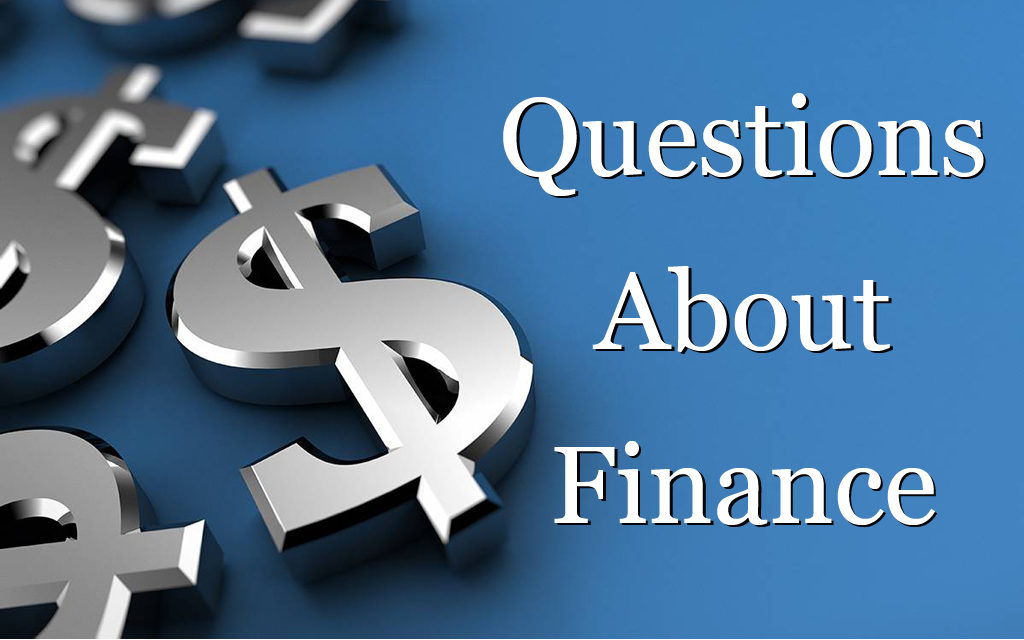by Taylor J. Kovar
Hey Taylor – I just switched from a traditional 9-5 to freelance work. It’s an exciting change but I’m nervous because I no longer have an employer-sponsored 401(k). What’s the best alternative? Or at least some of the options? – Noah
Hey Noah – There are a few “best” alternatives, mostly because I’m not a huge fan of 401(k)s (though they’re far better than nothing). I’ll list three options, with personal circumstances influencing which will be best for you. That said, I’ll start with the clear frontrunner.
- IRA. If you consistently contribute the maximum amount, you may benefit from significant tax advantages. Whereas a 401(k) has limited options because the broker is chosen for you (and therefore might not have your best interest in mind at the outset), the IRA provider and investment strategy are entirely your own. The choice between Roth and Traditional is also useful, as some people will be served better by paying taxes upfront while others will be able to grow their wealth faster with tax-free contributions.
- HSA. This is a choice that works for a more selective group, but a good Health Savings Account can make a big difference for both your healthcare and your financial well-being. Usually, an HSA is employer-provided, but if you have a high-deductible health plan (HDHP) you can combine that with an individual HSA and make contributions on your own. The benefits are that the money goes in tax-free, can be withdrawn without penalty after you turn 65, and can be used to cover qualified medical expenses at any time. An IRA typically offers more benefits for retirement funding, but if you’re young, healthy, and already have an HDHP, an HSA might provide a useful safety net while also offering potential retirement benefits.
- Investment account. If you approach the stock market, bonds, and REITs with a long-term perspective, they may help build future wealth through the open market. After all, many 401(k)s are heavily invested in stocks and funds. While this strategy requires more effort and self-education, it could be a viable option for those who take the time to study the markets and practice disciplined buying and selling. Starting with an IRA before funding a brokerage account might be a prudent approach, as both offer valuable investment opportunities.
If you no longer have a 401(k), rolling the funds into an IRA might be a smart next step. For those with a high-deductible health plan (HDHP), considering a health savings account (HSA) could provide another way to build savings. Once these options are in place and you have additional capital, exploring other financial opportunities may help you grow your money. Thanks for the question!




